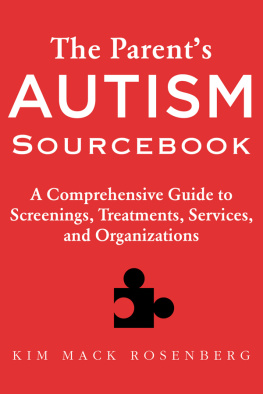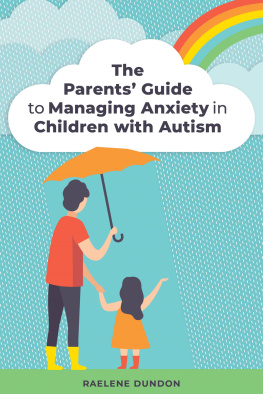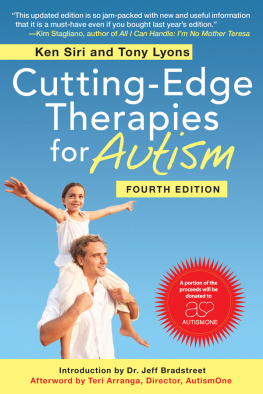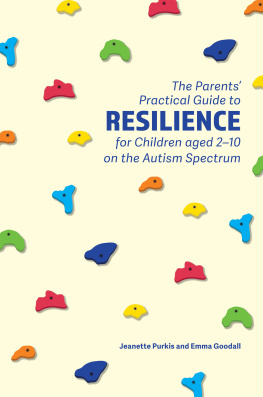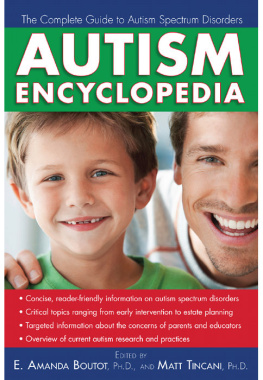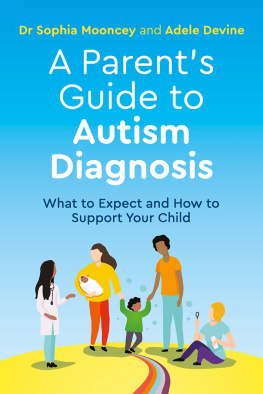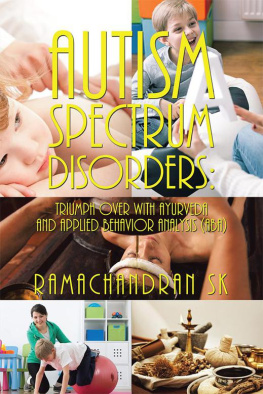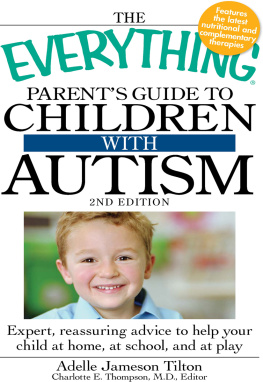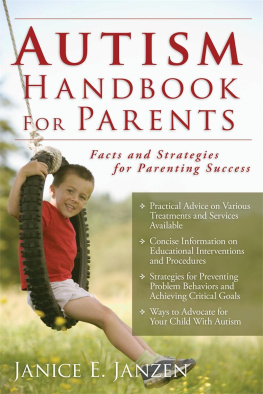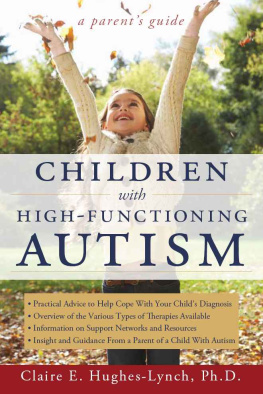Copyright 2015 by Kim Mack Rosenberg All rights reserved. No part of this book may be reproduced in any manner without the express written consent of the publisher, except in the case of brief excerpts in critical reviews or articles. All inquiries should be addressed to Skyhorse Publishing, 307 West 36th Street, 11th Floor, New York, NY 10018. Skyhorse Publishing books may be purchased in bulk at special discounts for sales promotion, corporate gifts, fund-raising, or educational purposes. Special editions can also be created to specifications. For details, contact the Special Sales Department, Skyhorse Publishing, 307 West 36th Street, 11th Floor, New York, NY 10018 or info@skyhorsepublishing.com.
Skyhorse and Skyhorse Publishing are registered trademarks of Skyhorse Publishing, Inc., a Delaware corporation. Visit our website at www.skyhorsepublishing.com. Cover design by Brian Peterson 10 9 8 7 6 5 4 3 2 1 Library of Congress Cataloging-in-Publication Data is available on file. Print ISBN: 978-1-63220-263-5 Ebook ISBN: 978-1-63220-938-2 Printed in the United States of America CONTENTS OVERVIEW Introduction If you are concerned that your child may have Autism Spectrum Disorder (ASD) or if your child is recently diagnosed with ASD, you likely are emotional, overwhelmed, frightened, and unsure of the future for your child and family. This sourcebook is designed to provide parents information about the diagnosis process as well as some of the treatment options available to help your child with ASD reach his or her greatest potential. If you are concerned about your childs development, it is important to act right away.
Talk to your pediatrician as soon as you suspect an issue. You know your child best; if something seems wrong, do not accept a wait-and-see approach from your doctor or anyone elseno matter how well intentioned. Seek help in getting your child evaluated right away. There are many choices for parents to make, and usually not unlimited financial resources, so understanding options is critical in the decision-making process. While the scope of this book is broad, there are so many options available and new treatments developing all the time that it is impossible to catalog all of them. At the end of this book is a resource directory compiled by the editors at Skyhorse containing many national and state resources for families.
Every effort has been made by Skyhorse to provide accurate information at the time of publication. For more in-depth descriptions of many treatments discussed here as well as additional treatment options, an excellent resource for parents is Cutting Edge Therapies for Autism , another Skyhorse publication. Inclusion in this book is not an endorsement of any particular treatment or practitioner (nor is exclusion meant to imply a negative opinion). This book is for informational purposes only and does not constitute medical, legal, or other professional advice. Parents should determine, along with the trusted professionals with whom they work, the most appropriate course of treatment for their child. Understanding your childs diagnosis and determining the most appropriate of educational interventions, therapies, and medical or other interventions to meet your childs unique needs can be daunting, especially to the parents of a child newly diagnosed.
In part this is because, as the name implies, there is not one ASD. It is a spectrum with a wide range of skills and functional levels. The learning, thinking, problem-solving, and daily life skills abilities of people with ASD can range from gifted to severely challenged, and any individual can also have skills that range widelyfor example a child with ASD may be very verbal but have significant repetitive behaviors. Each individual with ASD has a unique constellation of strengths and challenges. The diversity in ASD, both within the ASD population and within each individual, creates challenges for parents and practitioners in determining the most appropriate course or courses of treatment for an individual with ASD. About Autism Spectrum Disorder Traditionally, autism spectrum disorder was described as a developmental disability.
More recently, many who diagnose and treat individuals with ASD are recognizing it as a bio-neurological condition. Many individuals with ASD have medical conditions such as mitochondrial disease or dysfunction, immune system disorders, gastrointestinal disease/digestive disorders, autoimmune issues, allergies and sensitivities (including allergies and/or sensitivities to many foods), asthma, epilepsy/seizure disorders, persistent viral infections, sensory integration dysfunction, feeding issues, sleeping issues, hypothyroidism, adrenal function issues, and other conditions. Consequently, along with traditional therapeutic and educational interventions, more treatments are being offered medically (including integrative treatments) and nutritionally to help improve the health and well-being of individuals with ASD. Practitioners and parents report that when these other conditions are treated, symptoms associated with autism often improve, and in some cases resolve. Regardless of how one categorizes it, ASD can cause significant social, communication, behavioral, and learning challenges for the affected individual. Early Signs & Symptoms Parents are often the first to notice something unusual about a childs behavior or development.
It may be that the child is not meeting developmental milestones or it may be that when a parent compares a childs development to that of other children, the childs development or behavior is unusual or concerning. If you are worried about your childs development, raise your concerns with your pediatrician or other healthcare practitioner right away. Do not take a wait-and-see approach and dont allow your concerns to be discounted or dismissed. Trust your mommy gut or daddy gut if you feel that something is wrong. You should work with your healthcare practitioner, but always remember that you spend the most time with your child and will notice things that, in short check-ups, may not be apparent to someone else. The sooner your child can be evaluated to determine if intervention is appropriate, the better.
The earlier your child begins to receive services and treatments, the better. The human brain has remarkable plasticity (the ability to heal and change) but plasticity may be greatest at younger ages. That said, there is no window that closes on brain plasticity, so if your child is not diagnosed until a later age, they still have great potential. At what age do children with ASD show signs of atypical development? There is no one answer. For some infants, development seems atypical from birth or early infancyas they go through their first year they are not responsive to normal social cues (for example, they have inconsistent eye contact), they dont exhibit typical pre-language skills, or they are intensively focused on certain objects. Other children appear to develop normally (often for the first 1836 months) and then lose skills or plateau in the development of skills and begin exhibiting symptoms of ASD.
This is called regressive autism. For some children the regression is slow, for others it is dramatic. For some children, regression appears linked to environmental factors, including vaccinations. While each child with ASD will present with different symptoms, symptoms generally fall into the following categories: social impairments, verbal and non-verbal communication challenges, and behavior challenges, including repetitive or stereotyped behavior. Social Impairment For most children with ASD, everyday social interactions are challenging and communications difficulties exacerbate these social challenges. For example, some children with ASD may: Make little eye contact, have inconsistent eye contact, or glance sideways rather than straight on; Not respond to their name or other basic social overtures (such as hello or how are you); Not engage in typical reciprocal behaviors such as sharing a toy or pointing something out to someone else; Have difficulty transitioning to new activities or environments or have difficulty in accepting or adapting to a change in an expected schedule, and; Have highly restrictive interests.

